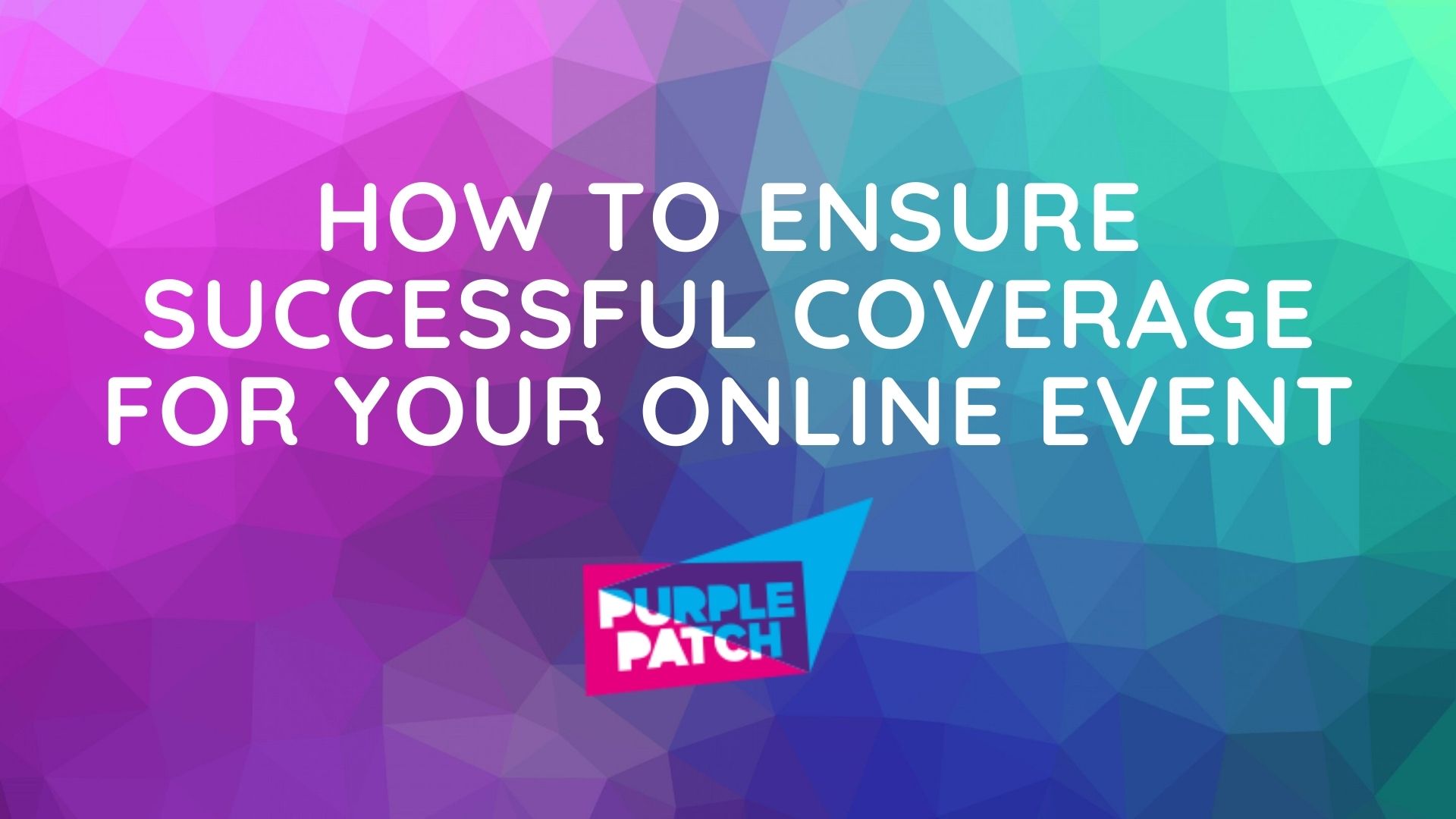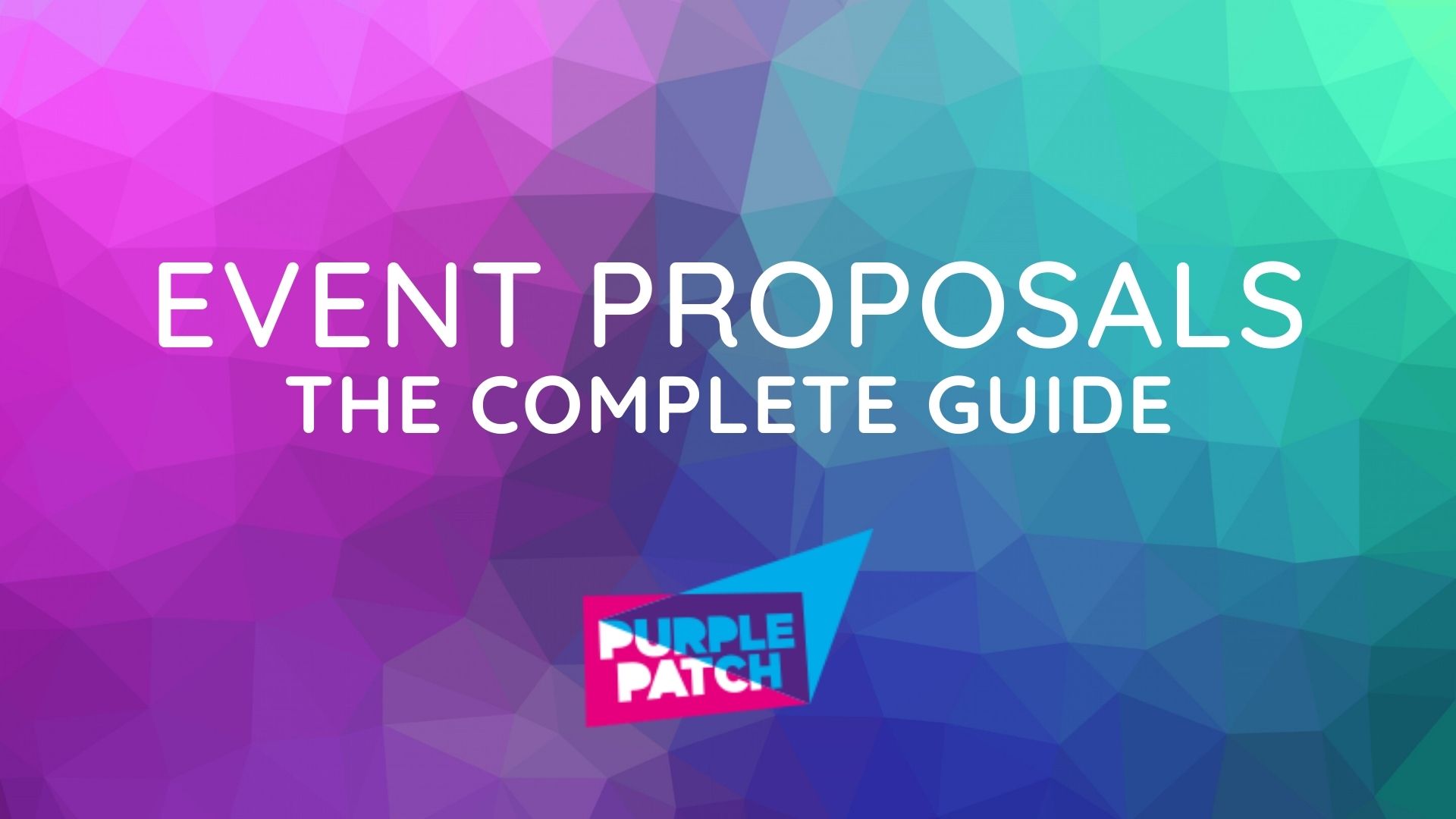Organising an online event and making it successful doesn’t have to be complicated.
Not all virtual events achieve the same degree of success. Time and again, we have noticed many event planners make the mistake of ignoring a few important aspects of their online event, which results in their events failing to get traction with their online audience.
If you were wondering how can someone ensure the success of their virtual event and get the best possible coverage in front of their online audience, you have come to the right page. In this article, we will share with you all the factors that come into play when you are trying to maximise the event coverage for your online audience.
Event Coverage: 5 Steps to Ensure the Success of Your Online Event
#1: Choose the right kind of software platform to host your online event
Video conferencing and online meetings have gone mainstream. As a result, there are plenty of online meeting platforms that you can choose from your hosting your next online event such as Zoom Meetings, Google Hangouts, YouTube Live etc. However, every platform serves a different purpose, so you will need to carefully choose which one is the best fit for your online event, depending on your technical requirements, pricing, user-friendliness, among various other factors. This will help you ensure the best experience for your audience and help you get the best results.
#2: Understand your audience really well
In order to organise a successful virtual event, it’s important to have a clear understanding of what your audience is looking for. For achieving this you can perform market research, engage with your audience on relevant discussion forums, or request them to fill up online surveys.
#3: Promote your event online
It goes without saying but without promoting, your event might not be as successful as you would want it to be. When you are promoting your event online, it’s important to highlight any unique selling points of your online event, such as guest speaker lineup, online networking opportunity, etc. This way you can make your online audience believe that you are indeed offering them something of value.
Promote your event across all the suitable social media platforms and online forums. Use search engine marketing, paid ads, and email marketing to your advantage. Do whatever it takes to get the word out and let your audience register for the event in advance
#4: Engaging your audience
Before the event, send them reminders about the event date time and request them to share RSVP. During the online event, create opportunities for your online audience to respond with the content you are sharing with them throughout your online event and encourage them to use the live chat features, engage in live tweets, participate in online polls or quizzes. After the event is over, request your audience for feedback.
#5: Handling technical glitches
Events are always prone to technical glitches and virtual events are no exception. Before you start the event, make sure that everything, from the AV equipment and meeting software to the online servers and internet connection, is working as expected. It’s always a good idea to do a test run before the event and identify such problems well in advance.
Final Thoughts
It’s now easier than ever to organise an online event successfully. Businesses that are serious about maintaining continuity and establishing their presence online in times like these need to invest more into learning how to best engage their online audience with the help of online events.
If your organisation is interested in growing its online presence, reaching a wider audience, and ensuring the best possible coverage for future online events, get in touch with our team of virtual event planners today!



